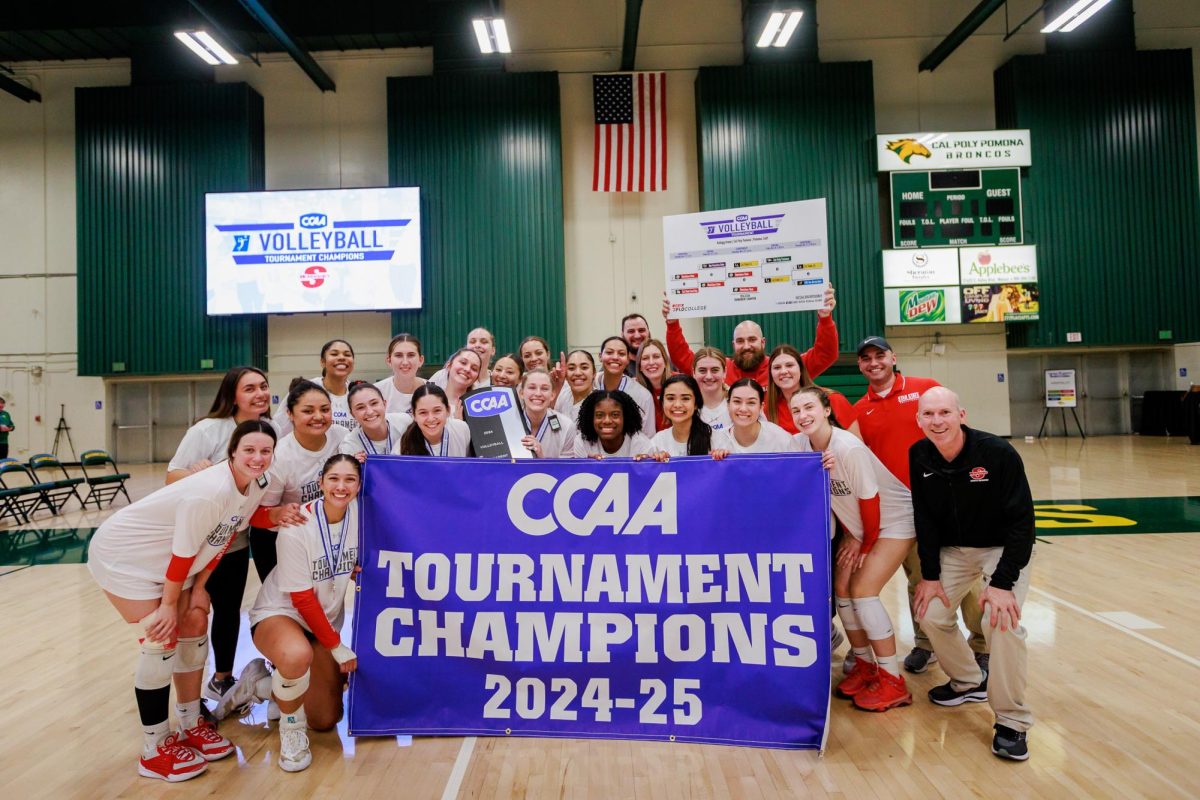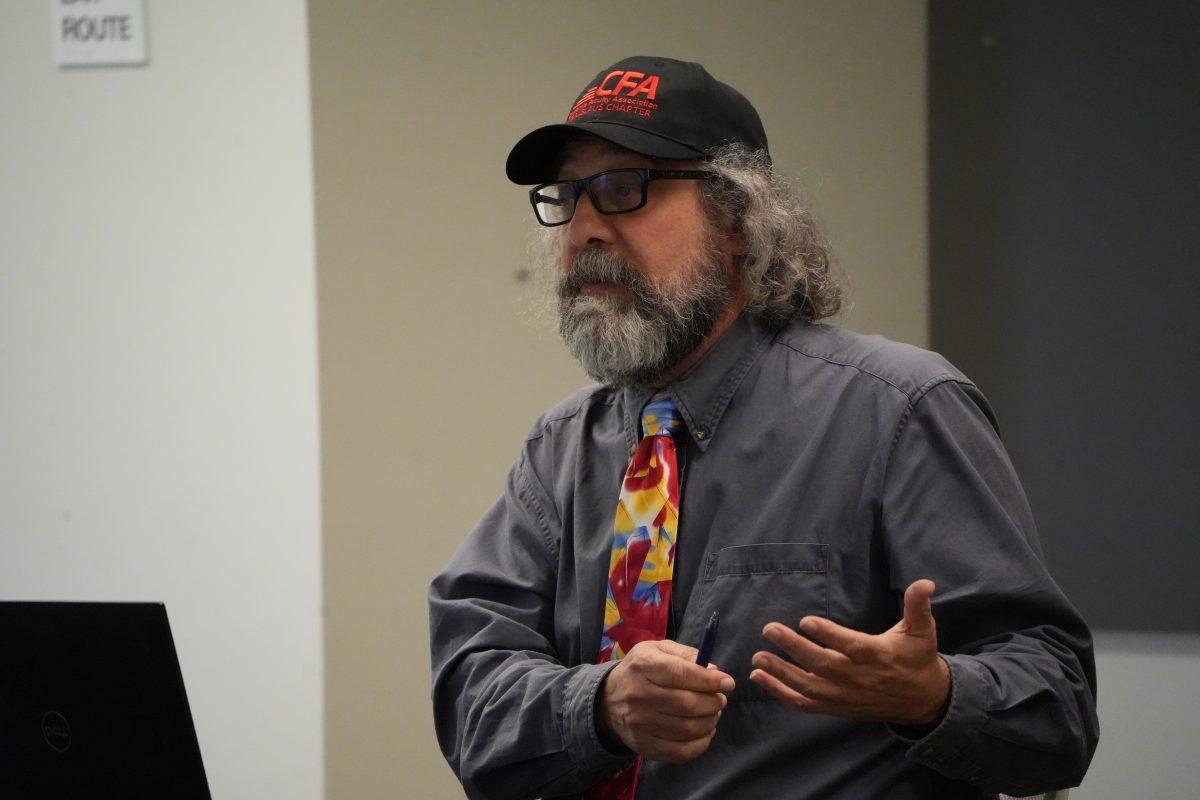AB19, the California College Promise, is additional tuition assistance for those who don’t qualify for FAFSA or any of the BOG waivers offered to all community college students, according to Peggy Fikse, Director of Student Financial Services for Modesto Junior College (MJC).
The bill will help those seeking full time enrollment at a community college, in California, their first year and will, hopefully, begin in the fall of 2018, just in time for the new school year.
According to a survey conducted in early 2017, 70 percent of students say they will use their own savings or earnings to pay for tuition, while 56 percent were using loans. According to the same survey, only 11 percent of students said they were not responsible for any of their costs related to college.
A letter from the Chancellor’s office website for California Community Colleges stated that, “The California Community Colleges is the largest institution of higher learning in the United States, serving 2.1 million students.”
This bill helps to reduce the number of students struggling to afford the tuition for community colleges as the current cost for tuition at a community is about $4,843 per year per student, according to the College Calc website.
“I think it’s good, because we’re still putting money for students to go to school so that would lure them from a full time job into education, which betters your situation regardless of whatever you choose,” Fikse said.
The Bill is set to go into effect fall 2018 and is geared toward those who have yet to enter higher education, according to the California Community College Chancellor’s Office website. It is also for the purpose of helping those not financially stable enough to attend college as well as those graduating this school year. “I think CA as a whole is wanting students into higher education and get them completing. And the goal is just that–completion. It’s about getting hard units and succeeding,” Fikse stated.
The benefits to increased tuition are plenty, from higher completion rates to decreased student debt, according to the assembly bill’s outline posted on the governor’s website.
According to that same outline, “Promise programs can impact completion at other local 4 year schools. Six-year graduation rates at CSU Long Beach have risen from 45% to 60%.”
The California Community Colleges Chancellor’s Office website states that the program will cost around $31 million annually. Yet, with all this proposed tuition assistance, it is still uncertain where the funding for the assembly bill will come from.
With the prospect of added tuition assistance for community colleges, one may wonder how those attending universities currently would have fared.
Jennifer Calderon (sophomore, Economics), a student at Stan State, said that, though she would not be affected by the assembly bill due to the fact that she did recieve FAFSA, she would support AB19 should it recieve the funding.
“I have a lot of friends going to MJC who couldn’t get FAFSA because they were considered too high of an income level,” Calderon said.
Nai Bautista (senior, Sociology) stated that community colleges are more affordable for many, so the impact AB19 would have on the lives of students might be small.
“If anything, an extension of tuition for transfer students would help me more now, but for a community college– no,” Bautista said.
Robert Nicastro (senior, Communication Studies) supports the “idea of affordable college.”
“It’s amazing to me that, as one of the most progressive countries in the world, we are still so far behind the curve on this. In my opinion, people should be able to get a college education and not have worry about being in debt for the rest of their lives,” Nicastro added.








